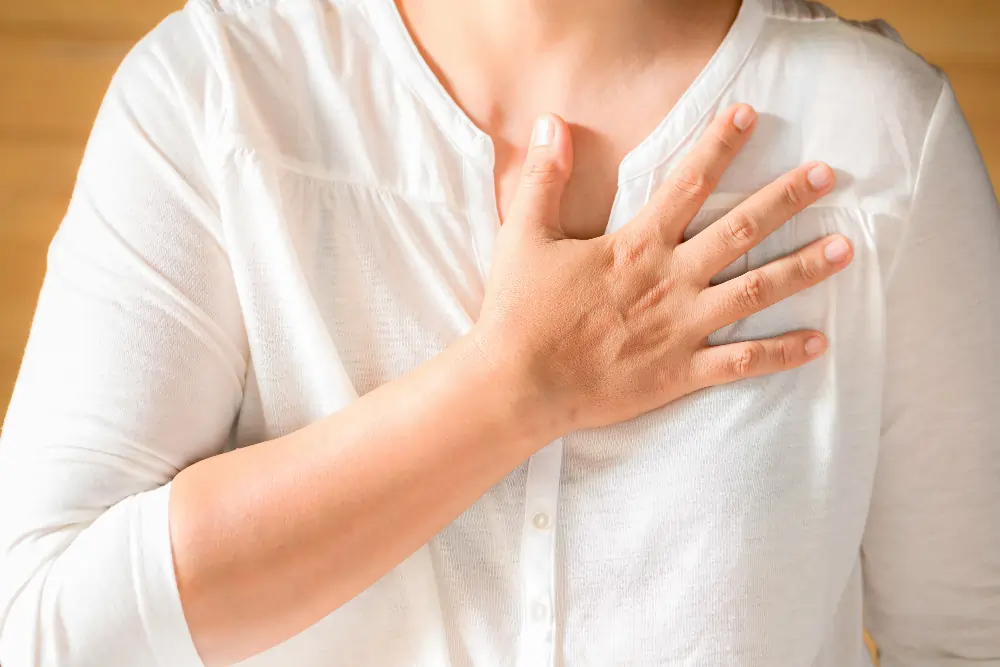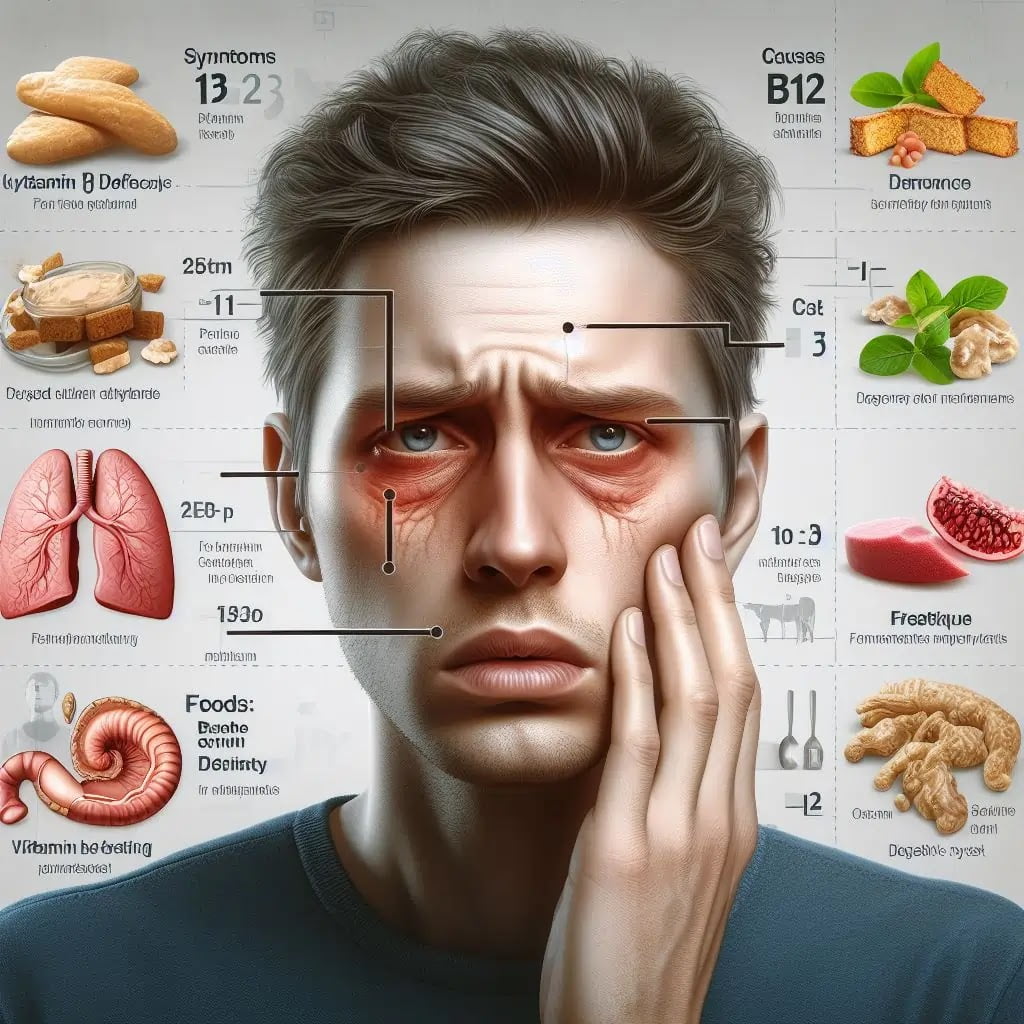
Heatwaves can be intense, bringing about scorching temperatures that can take a toll on our bodies. While we all love to bask in the warmth of the sun during summer, it’s important to be aware of the potential impact that heatwaves can have on our health, particularly our heart health. In this article, we will explore the connection between heatwaves and heart health, and provide you with the best tips to manage your heart health during these challenging times.
Introduction
Heatwaves are natural phenomena characterized by excessively hot weather, often lasting for several consecutive days. As temperatures soar, our bodies face increased stress, which directly impacts our heart health. Understanding the connection between heatwaves and heart health is vital for everyone, particularly those with existing heart conditions or individuals who are more susceptible to heat-related problems. By adopting some proactive measures, it’s possible to protect and manage heart health effectively during heatwaves.
How Heatwaves Affect the Heart
Increased Stress on the Cardiovascular System
During a heatwave, our bodies struggle to regulate internal temperatures efficiently. As a result, the heart works harder, pumping more blood to keep the body cool. The increased workload on the cardiovascular system can potentially strain the heart, especially in individuals with underlying heart conditions.
Dehydration and Electrolyte Imbalance
Heatwaves often cause excessive sweating, leading to dehydration and electrolyte imbalances. When the body becomes dehydrated, blood volume decreases, which puts further strain on the heart. Maintaining proper hydration levels is crucial during heatwaves to support heart health.
Implications for Existing Heart Conditions
Individuals with pre-existing heart conditions may face exacerbated symptoms during heatwaves. The combination of increased strain on the heart and heightened environmental stressors can lead to chest pain, palpitations, and shortness of breath. It’s essential for those with existing heart conditions to take extra precautions during heatwaves to prevent any adverse effects.
Symptoms of Heat-Related Heart Problems
Heat Cramps
Heat cramps are often the first sign that your body is struggling to cope with excessive heat. Muscle cramps, particularly in the legs or abdomen, can occur due to electrolyte imbalances caused by dehydration. If you experience heat cramps, it’s important to find a cool place to rest, hydrate with electrolyte-rich beverages, and gently stretch the affected muscles.
Heat Exhaustion
Heat exhaustion occurs when the body’s cooling mechanisms become overwhelmed. Symptoms may include profuse sweating, weakness, dizziness, headache, and nausea. If you or someone you know experiences heat exhaustion, it’s crucial to move to a cool place, consume cool fluids, and apply wet towels or take a cool bath to lower body temperature.
Heatstroke
Heatstroke is a severe and potentially life-threatening condition that requires immediate medical attention. Symptoms include a high body temperature, altered mental state, rapid heartbeat, flushed skin, and shallow breathing. If you suspect someone is experiencing heatstroke, call emergency services right away and take immediate steps to cool them down while waiting for help to arrive.
Protecting Your Heart During Heatwaves
Stay Hydrated
One of the fundamental steps to protect your heart during a heatwave is to stay adequately hydrated. Drink plenty of water throughout the day, even if you don’t feel thirsty. Avoid caffeine and alcoholic beverages as they can contribute to dehydration.
Dress Appropriately
Choose lightweight, loose-fitting clothing made from breathable materials like cotton. Light-colored clothing can also help reflect sunlight, keeping you cooler.
Stay Indoors During Peak Heat
Limit your time outdoors, especially during the hottest parts of the day. If possible, stay in air-conditioned spaces or take advantage of public cooling centers in your area.
Use Air Conditioning
If you have access to air conditioning, utilize it to maintain a comfortable indoor temperature. If air conditioning is not available, consider using fans and keeping windows open to encourage airflow.
Limit Physical Exertion
Avoiding direct sunlight during peak hours, utilizing fans or air conditioning, and wearing lightweight clothing can also help mitigate the impact of extreme heat,” says Dr Khadtare. This can help conserve energy and prevent additional strain on your heart.
Take Cool Showers or Baths
Cool showers or baths can provide quick relief from the heat, lowering your body temperature and easing any discomfort caused by the heatwave. It’s a refreshing way to cool down and support your heart health.
Foods to Support Heart Health During Heatwaves

Hydrating Fruits and Vegetables
Incorporating water-rich fruits and vegetables into your diet can help maintain hydration levels during heatwaves. Enjoy refreshing options like watermelon, cucumber, strawberries, and citrus fruits.
Incorporate Heart-Healthy Fats
Opt for heart-healthy fats like avocados, nuts, seeds, and olive oil in your meals. These provide essential nutrients that support cardiovascular health.
Add Omega-3 Rich Foods
Omega-3 fatty acids have been shown to have positive effects on heart health. Include foods such as fatty fish (salmon, mackerel), chia seeds, and walnuts in your diet to reap the benefits.
Medication Management and Heatwaves
Consult Your Doctor
If you’re taking medications for a heart condition or any other health condition, consult your doctor before a heatwave. They can advise you on any necessary adjustments to your medications or precautions you should take.
Proper Storage of Medications
Ensure your medications are stored in a cool environment, as excessive heat can affect their effectiveness. Avoid leaving them in direct sunlight or in a hot car.
Take Medications as Prescribed
It’s crucial to adhere to your prescribed medication regimen during heatwaves. Skipping or altering your medications without medical guidance can be dangerous, especially when your heart health may already be compromised during this time.
Conclusion
Heatwaves can pose risks to our cardiovascular health, and it’s essential to be aware of their potential impact. By staying hydrated, seeking shade, and being mindful of the signs of heat-related heart problems, we can mitigate the risks and protect our hearts during these challenging weather conditions. Prioritizing self-care, adopting supportive dietary habits, and maintaining open communication with healthcare providers can go a long way in safeguarding our heart health during heatwaves.
FAQs
Q: Can heatwaves cause heart attacks?
A: While heatwaves themselves may not directly cause heart attacks, the increased strain on the cardiovascular system can exacerbate existing heart conditions and potentially lead to heart attacks in susceptible individuals.
Q: Are elderly individuals more at risk during heatwaves?
A: Yes, elderly individuals are more vulnerable to heat-related complications due to natural age-related changes and potential underlying medical conditions. They should take extra precautions during heatwaves to ensure their safety.
Q: Is it safe to exercise outdoors during a heatwave?
A: It is generally advisable to avoid strenuous outdoor exercise during a heatwave. Instead, opt for indoor exercise in well-ventilated and air-conditioned spaces, or consider exercising during cooler parts of the day.
Q: Can heatwaves cause dehydration even if I drink enough water?
A: Yes, heatwaves can lead to increased sweating and fluid loss from the body, making it important to drink extra water to compensate for the additional fluid requirements.
Q: Are all heart medications safe to use during heatwaves?
A: While most heart medications are safe to use during heatwaves, it’s essential to consult with your doctor, especially if any adjustments to your medication regimen are necessary due to the heatwave or potential dehydration.
Remember to stay informed, take necessary precautions, and prioritize your heart health during heatwaves. With proper care, you can navigate through the summer months while keeping your heart safe and healthy.


